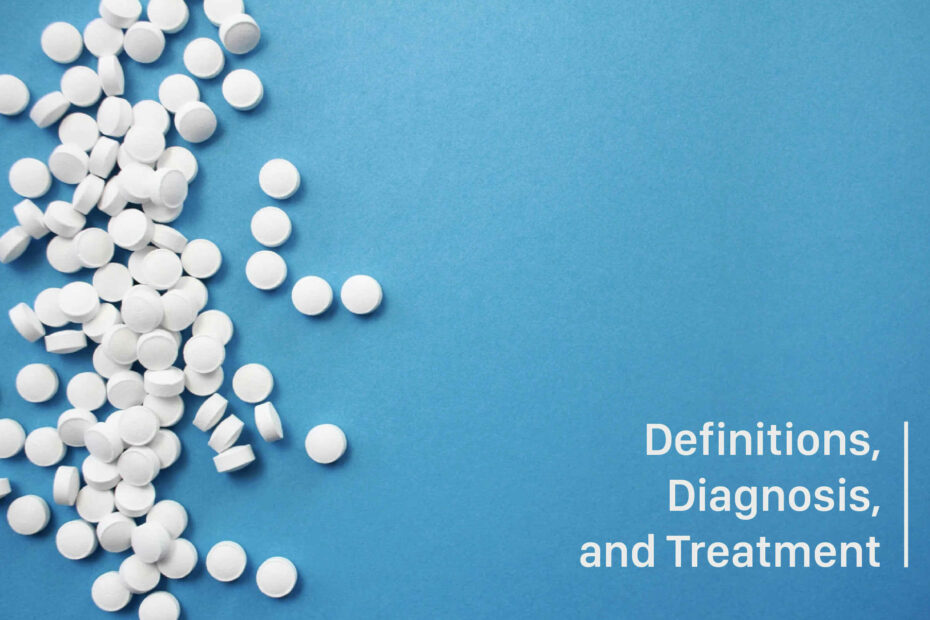The New Year signals a new start, a whole new year to wipe your slate clean, and a chance to make lofty goals known as New Year’s resolutions. New Year’s resolutions can be troublesome for many individuals. On the one hand, these are a way to set high standards and new goals, but most of these resolutions are broken by the end of February, leaving many feelings defeated. Individuals with mental health disorders often struggle with setting New Year resolutions because, for the majority of the general public, these resolutions are usually centered on becoming a better person, making more money, and losing weight. Although these are not necessarily “bad” goals, they can be extremely triggering for someone who is struggling with depressionanxiety, or body dissatisfaction. Instead of focusing on checklists and numbers, set open-ended goals that can contribute to your overall wellness, and if these goals are not met, be gentle with yourself. Below are positive New Years resolutions that focus on overall mental health:
Express gratitude
We may not have everything we want and oftentimes it can be easier to dwell on the things we don’t have rather than acknowledge the things that we do have. Expressing gratitude is one of the most effective ways to increase happiness, manage depression, and cultivate resilience. Gratitude is a skill that we can practice daily and over time we can find ourselves being more grateful for where we are in our lives. This skill can help us change the lens through which our brains view the world. We can express gratitude by mentally acknowledging or writing down a few things we are grateful for every day. For example “I am grateful to have a safe place to live or I am grateful to be surrounded by family and friends or I am grateful to be employed” are important things that we often take advantage of daily because we don’t take time to recognize them.
Get creative
Whether it is picking up a camera, learning how to paint, or writing in a journal, creativity can be a great way to flex your brain and release any negative energy or thoughts swimming around in your head. Creativity cannot only release dopamine, which triggers happy feelings, but it can also help you recognize triggers and work through underlying issues. When an individual throws himself or herself into a creative process, they tend to get lost in the activity requiring them to adopt concentration and focus; two important mental health aspects. Creativity doesn’t necessarily mean “artistic” as an individual can be creative by planning a party, gardening, designing a work project, or cooking a new recipe.
Move your body
Studies show that movement is an effective form of medicine in helping manage your mental health. You don’t have to sign up for a marathon or even join the gym but engaging in some form of exercise every day, a short walk or bike ride, online yoga from your living room, or a quick afternoon ski tour can go a long way in keeping your mental and physical health in good shape. The thing that makes moving your body different from the classic, “I want to lose ten pounds” resolution is that you’re focused on the action, not the outcome. It changes the intention and how you measure success. Moving your body is not about losing weight, but rather about feeling good and gaining mental and positive strength along the way.
Unplug
There is growing research showing a negative correlation between screen time and psychological well-being. Most of us know that Instagram, Facebook, and other social media apps are more like highlight reels than accurate portrayals of people’s real lives, but it’s hard not to start comparing yourself with others and start feeling anxious and inadequate because your own life seems radically less rosy. Too much social media can have a negative affect on our psyche so we should use this as a resolution to “spend more time off the computer”. Instead of engaging in social media, we should try to dedicate more time to engaging with real-life connections with individuals or spending more time alone. Taking a step back from social media and spending more time on the things you enjoy, may boost your mood and energy levels.
Nourish friendships
act: being around other people is critical for your health. Carve out time this year to connect and deepen relationships with the people in your life that inspire you and nurture your soul. Maybe reach out to broken relationships and see if you can potentially make amends. Maybe try interacting more with strangers in hopes of gaining new friends. Friendship and companionship are so important in life, regardless if you are an extrovert or an introvert; it is so important to have healthy relationships that you can rely on throughout the year.
Connect with nature
Getting outdoors is one of the best forms of meditation. The healing powers of Mother Nature can help you relieve stress and depression while hopefully soaking up some vitamin D. If you exercise in the outdoors, that is even better. The outdoors can also be a great way to spend time alone and re-group or connect with friends. Have a picnic at a park, go camping, go for a walk, go skiing, go hiking, and just enjoy the sound of nature.




